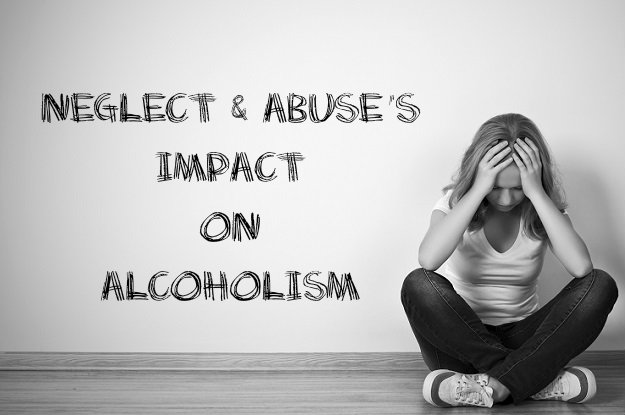A recent study has revealed the link between child abuse and teen alcoholism. While there are many factors that contribute to addiction and alcoholism, the study shows a strong correlation between certain types of childhood abuse and neglect and alcoholism in teens.
Types of Abuse and Neglect
When many people think of child abuse, they picture physical abuse such as beatings. There are many types of abuse and neglect ranging from physical and sexual to mental and emotional. Each type of abuse carries its own risks for future drug and alcohol addiction. Many children are unable to work through the effects of abuse on their own and often turn to substances that help them temporarily numb the pain of the abuse.
Abuse and Neglect’s Impact On Addiction
The impact each type of abuse or neglect has varies greatly. Children who are physically abused may struggle with depression and anxiety. If these symptoms are not treated properly, they may turn to alcohol in their young adult lives. Children who are mentally or emotionally neglected may drink as a way to cope with feeling down or depressed. Children who were physically neglected may drink alcohol to increase feelings of pleasure. Those who turn to alcohol as a way to cope with their history of abuse are more likely to suffer from alcoholism in their teen and young adult years.
Teen Alcoholism Treatment
When treating teen alcoholism, we here at Treatment Dynamics at Summit first work to discover the type and severity of the abuse experienced in childhood. Once we have this information, we will be able to develop a treatment plan for the teen’s specific needs. The first goal is to get the adolescent to open up about abuses through individual and group therapy sessions. Once we know the cause of their alcohol addiction, we can teach the teen healthy and alternative coping mechanisms.
Early intervention in teen alcoholism can offer the support your teen needs to overcome their addiction and return to a normal, healthy lifestyle. Lovingly talking to your teen will help you to understand what they are going through and get them the help they need to recover.

